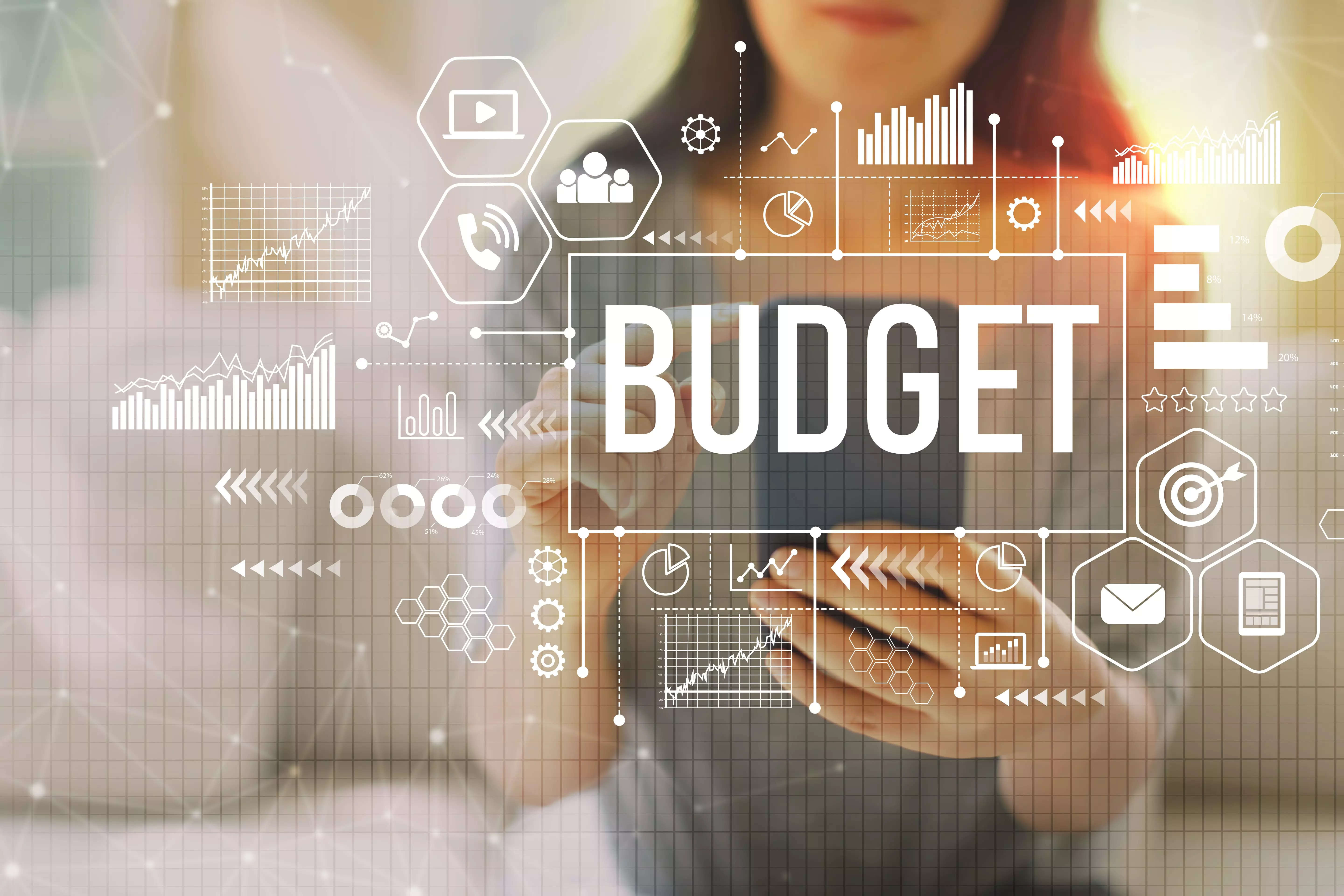
As the nation eagerly anticipates the presentation of the Interim Budget 2024 in the Lok Sabha on February 1, all eyes are on the Union Finance Minister Nirmala Sitaraman for new announcements and policy amendments. Among the sectors with high expectations is the Indian travel and tourism industry, which is advocating strongly for industry and infrastructure status, policy reforms, and taxation benefits to support infrastructure development.
The travel and tourism sector holds significant economic importance, contributing 5.8 per cent to India’s GDP in 2022 and aiming for a target of USD 1 trillion by 2047. In light of this, industry leaders have shared their wishlist for the budget with ETTravelWorld, highlighting key areas for transformation and growth.
Infrastructural focus
Madhavan Menon, Executive Chairman, Thomas Cook India, emphasised the need for infrastructural focus, including the establishment of new airports through private participation, rapid expansion in rail, road, and waterways, and development of high-growth areas like religious circuits and hidden gems such as Lakshadweep. Menon also called for tax reforms, including reduced income tax levels, LTA exemptions, and standardisation of TCS on foreign travel packages.
“As a key fundamental for the sector, setting up of new airports via private participation must become a priority – thus creating a viable hub & spoke model; also rapid expansion in rail, road and waterways (sea and river cruises). Additionally, infrastructure development for high growth areas like religious circuits and underleveraged hidden gems (Lakshadweep),” he said.
Simplifying visa requirements
Aloke Bajpai, Co-founder & Group CEO, ixigo, expressed optimism about the government’s increasing focus on boosting domestic and inbound travel, particularly from tier 2, 3, and 4 cities. Bajpai highlighted the importance of infrastructure development, technology integration, and last-mile connectivity in spiritual and cultural hubs across India. He also stressed the significance of reducing aviation turbine fuel (ATF) costs to pre-pandemic levels to improve air travel accessibility.
” Simplifying visa requirements to encourage visa-free entry for tourists visiting India is another action point that can significantly enhance foreign tourist arrivals. Overall, we look forward to budgetary measures that foster growth, innovation, and sustainability within the travel and hospitality sector, ultimately strengthening India’s position as a premier travel destination,” he said.
Vishal Suri, MD, SOTC Travel, advocated for a multi-pronged approach in the budget, including the consolidation of TCS rates on outbound tours, removal of deterrents to technology adoption, and expedited infrastructural development through schemes like Udan Yojana and Vande Bharat routes.GST input on holiday businesses
Nishant Pitti, CEO & Co-founder, EaseMyTrip, called for crucial reforms to strengthen and revitalise the tourism sector, including GST input on holiday businesses, strategic reduction in income tax, and streamlining of TCS structure. Pitti also emphasized the importance of infrastructure development, technology integration, and health safety measures across various travel sectors.
“We expect the Government to allow GST input on holiday businesses, a strategic reduction in income tax to catalyze growth in the country’s tourism industry, and the streamlining of the TCS structure to a more favourable 5 per cent slab. Additionally, we expect a comprehensive overhaul of tax exemption policies related to Leave Travel Allowance (LTA), urging the Government to consider an annual allowance and the inclusive coverage of the entire tour package cost under LTA, surpassing the limitation to only flight expenses,” he said.
Komal Seth, Founder & Director, LINKIN REPS, highlighted the need for tax reductions, infrastructure status, and simplified processes for hotel budgets and digital payments to revitalise the hospitality industry. “Addressing GST concerns, I advocate for revising the 18% tax on rooms priced at 7500 and above to attract more guests. Streamlining processes with a central single window clearance for hotel budgets and encouraging UPI-backed digital payments are also vital for growth,” she said.
Chirag Agrawal, Co-Founder of TravClan, emphasised incentives for investment in hospitality infrastructure and fast-tracking development projects to improve traveller experience. “Additionally, initiatives like Digiyatra are a welcome move by tourists and the industry. It is a global first. The government should continue to adopt & invest in technology that can improve the traveler experience,” he mentioned.
Exemption on customs for Non Schedule Operators
Kanika Tekriwal, Founder, JetSetGo, outlined expectations regarding customs issues, sale and leaseback transactions, and bringing aviation fuel under GST to improve operational efficiency in the aviation sector. “Also, we hope that the government will provide clarity on sale and lease back transactions in case of Gift City. Currently, there is no clarity on how custom duty will be applicable in such cases, and we hope that the government will exempt custom duty in case of sale and lease back transactions involving Gift City companies. Lastly, we hope that the government will bring aviation fuel under GST,” she recommended.
Overall, industry leaders are optimistic about the potential of the Union Budget 2024 to address key concerns and foster growth, innovation, and sustainability within the travel and hospitality sector, thereby strengthening India’s position as a premier travel destination.




